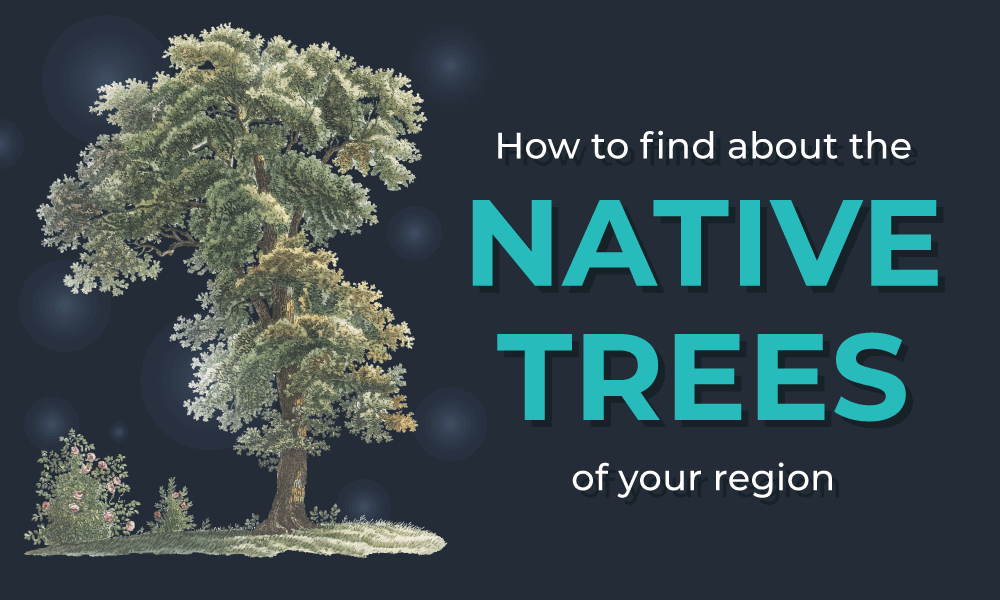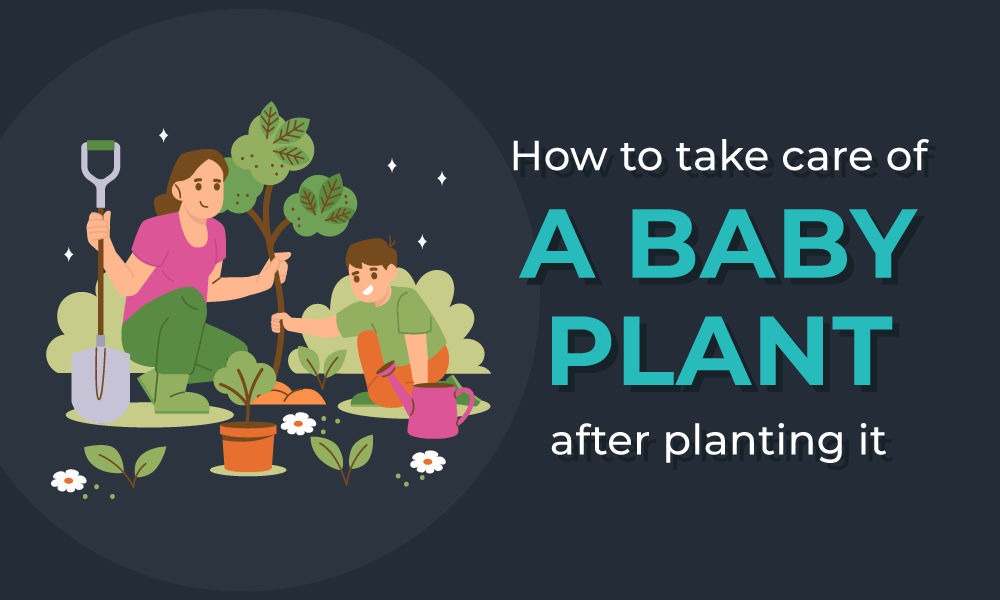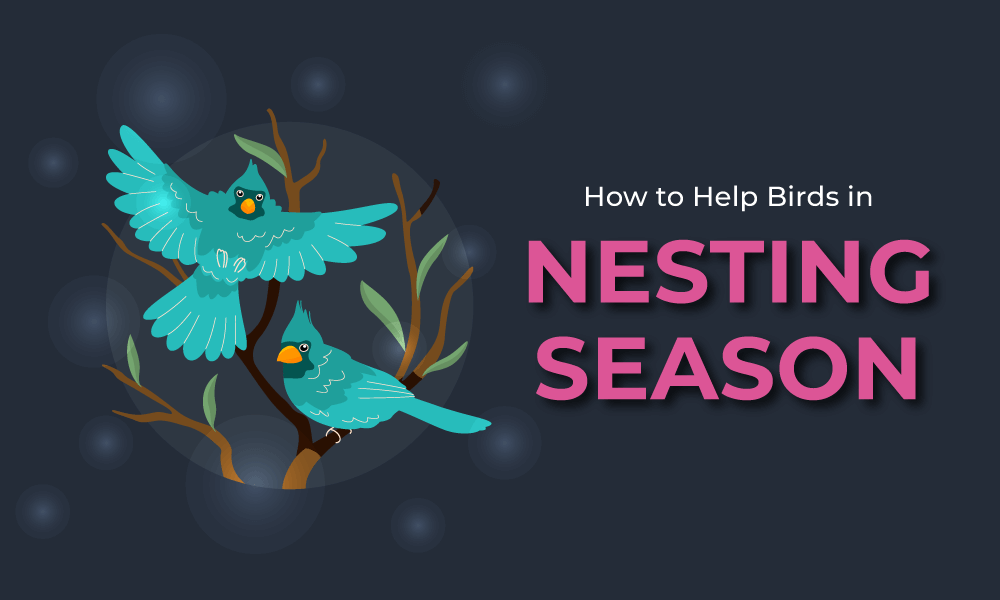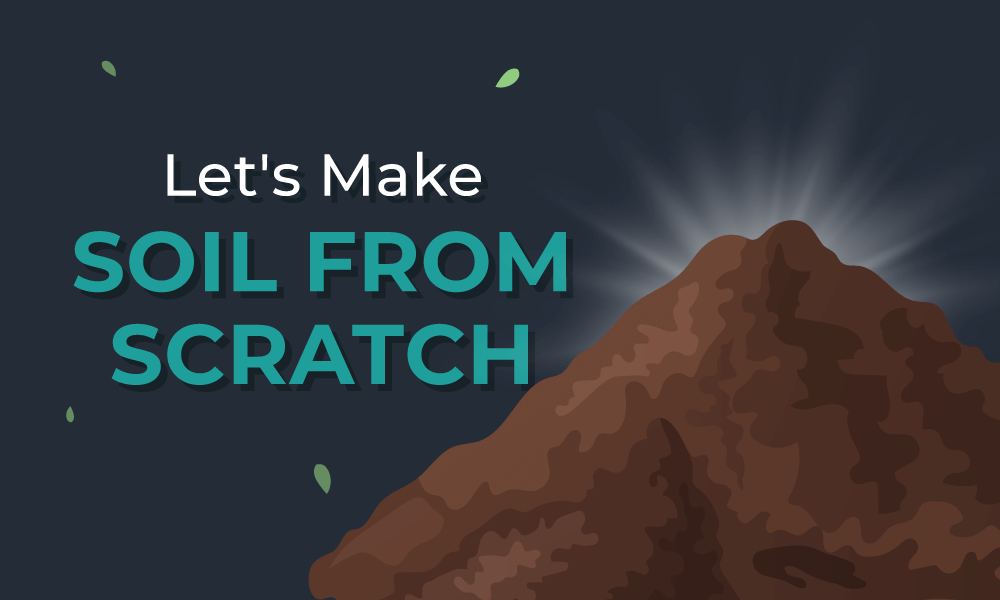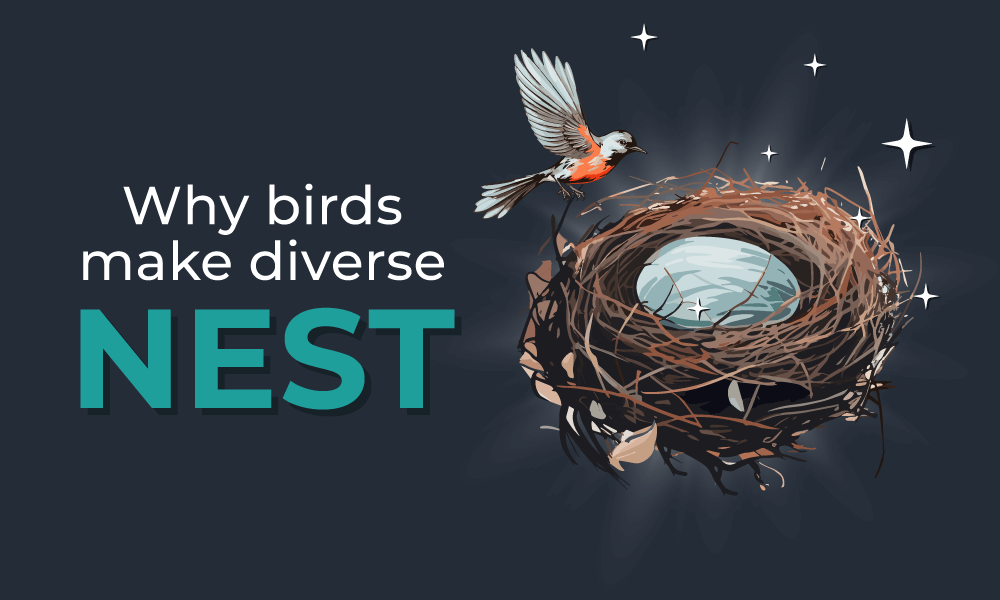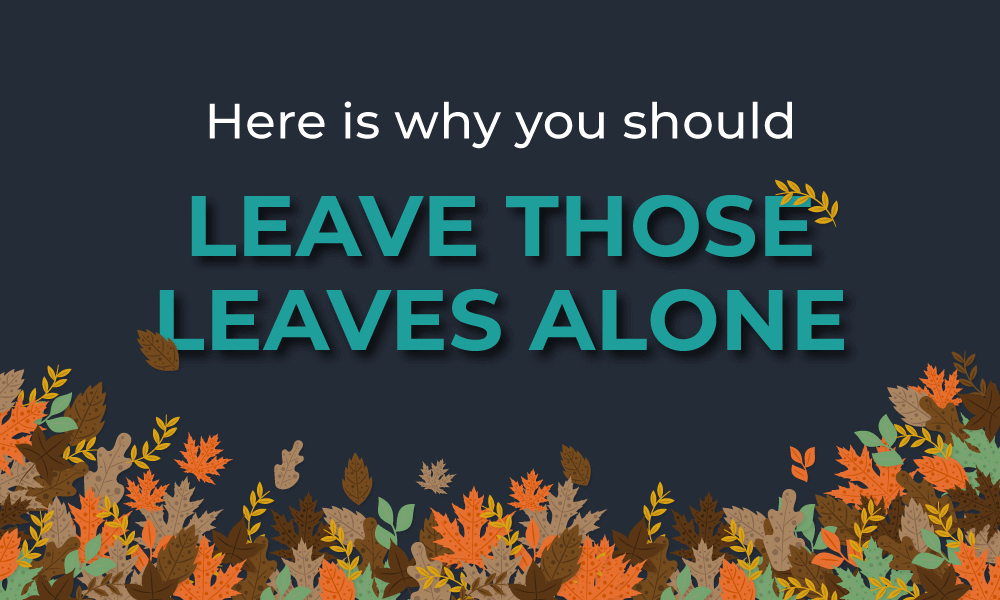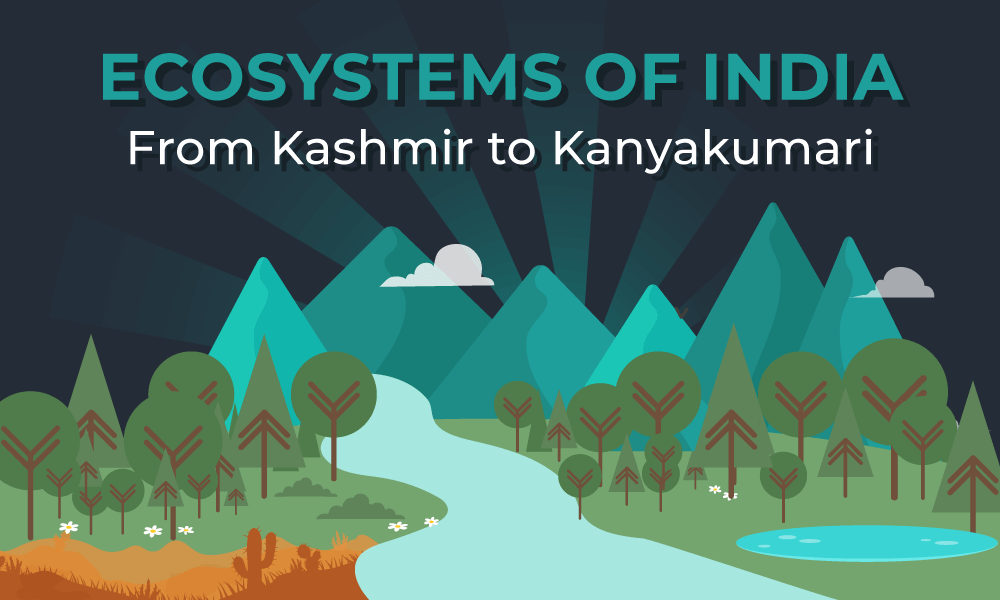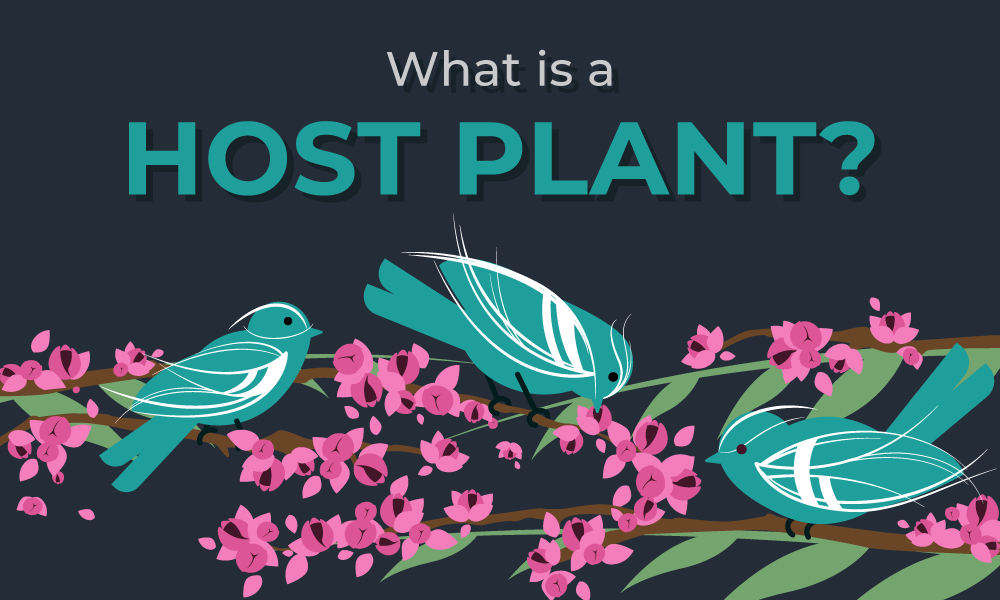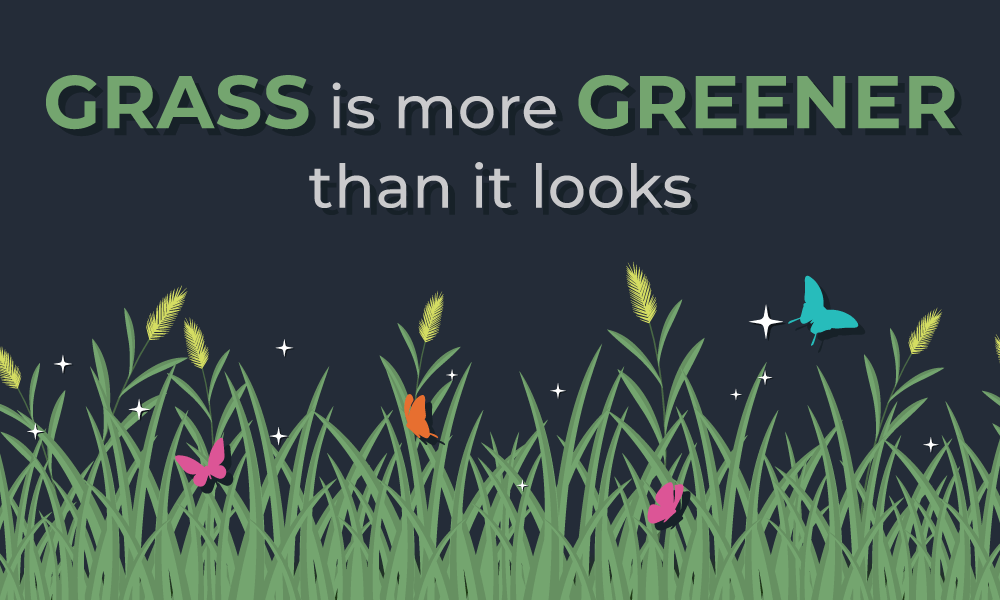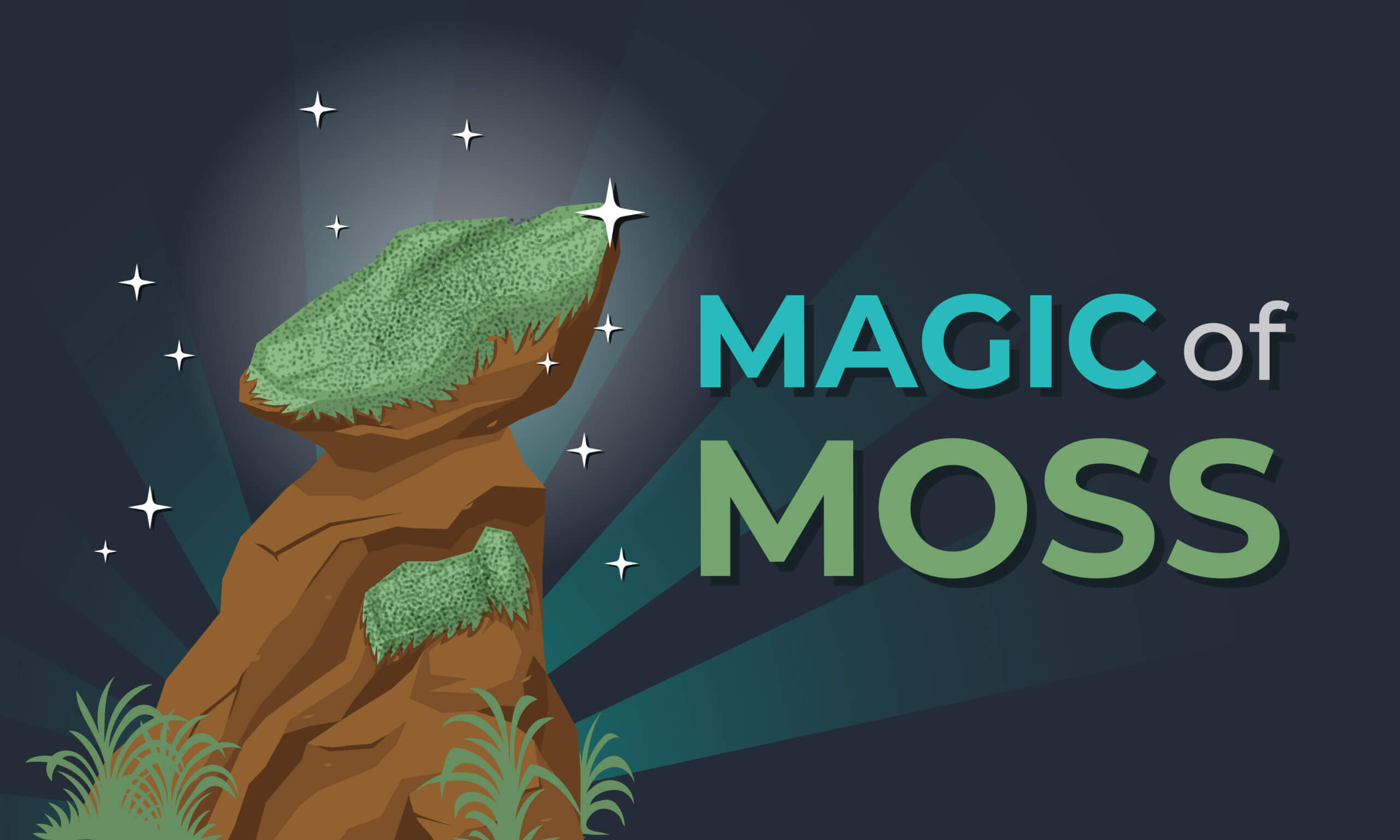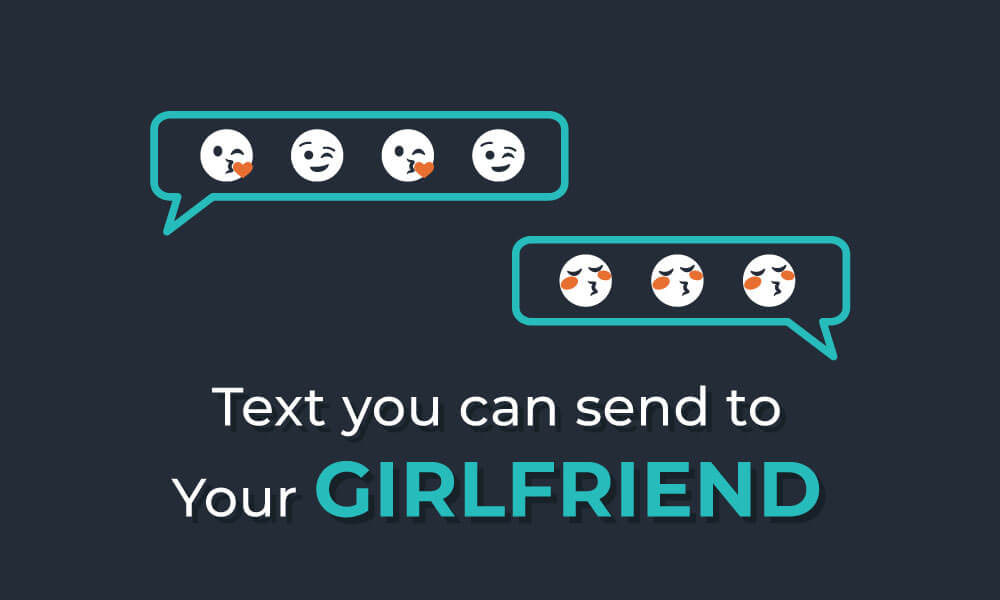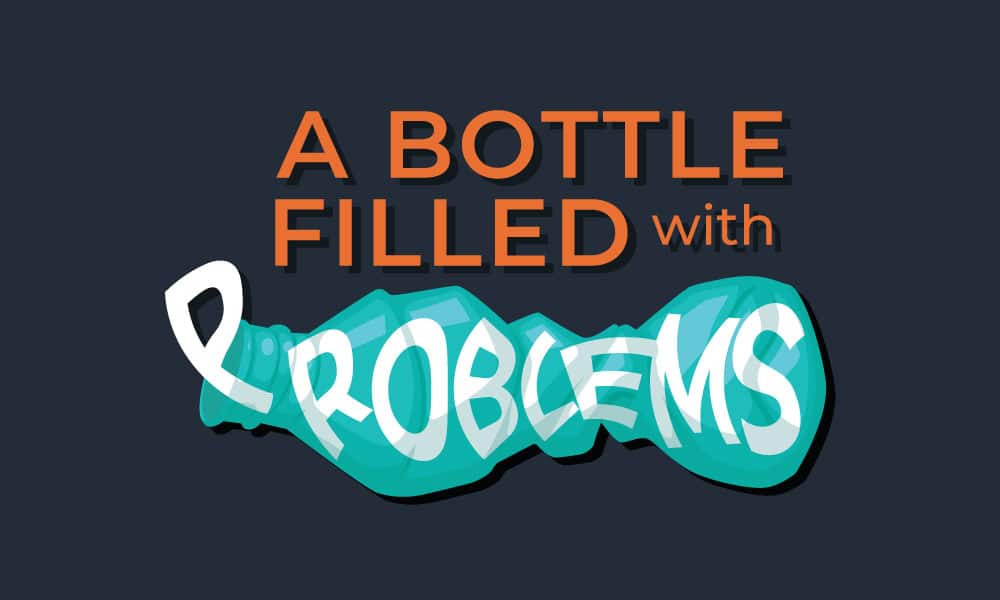It’s the monsoon season now and some of us might already have bitten by those blood-sucking leeches. If not then you are lucky. But why are there leeches all of a sudden? Why rain brings so many leeches and where do they go in the summer and winter? Today we are going to learn about what are Leeches?
What are Leeches?
Leeches are a type of parasitic animal. Parasitic animals rely on other animals’ bodies for food. Leeches are closely related to earthworms and just like them they also have soft, muscular segmented bodies that can stretch and contract.
There are 82 species of leeches have been found in India, and in the world, there are around 700 species of leeches. Of these 82 species, 67 species are found in fresh water and 15 are found in land. The leeches are distributed across many states in India, including Rajasthan, Madhya Pradesh, Maharashtra, Manipur, Jammu and Kashmir, West Bengal, and Andhra Pradesh.
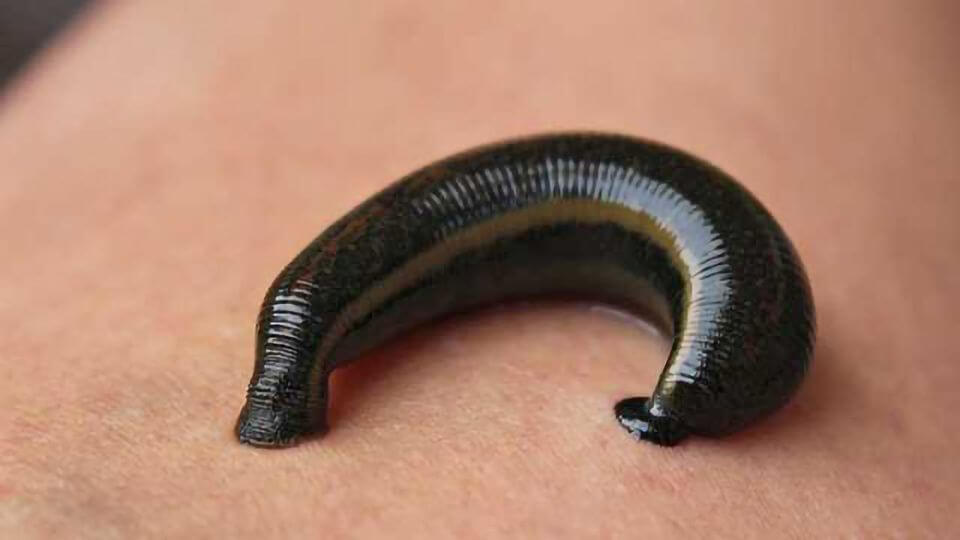
The most commonly known leeches are Hirudinaria granulosa.
Leeches suck blood by using strong suckers to attach themselves to a host and then suck on its skin until blood comes through. They can also use their jaws to make a Y-shaped incision in the host’s skin. Leeches have three jaws with sharp teeth that slice into the skin. They also release an anticoagulant enzyme from their saliva that numbs the skin and prevents blood from clotting. Leeches can consume two to five times their body weight in blood.
Leeches are primarily found in freshwater and on land. Aquatic ones feed on the blood of fishes, birds, amphibians, and mammals. They may eat other small creatures like snails, insect larvae, and worms. Whereas, the land ones wait for their victims in damp vegetation, poising one end in the air.
Why does rain bring so many Leeches?
Rain can bring them out of hiding places because they need to stay hydrated. Leeches are a type of modified worm, and drying out is one of their biggest dangers. In dry weather, some species burrow into the soil and can survive for months without water. When it rains, they can emerge within minutes and become active again.
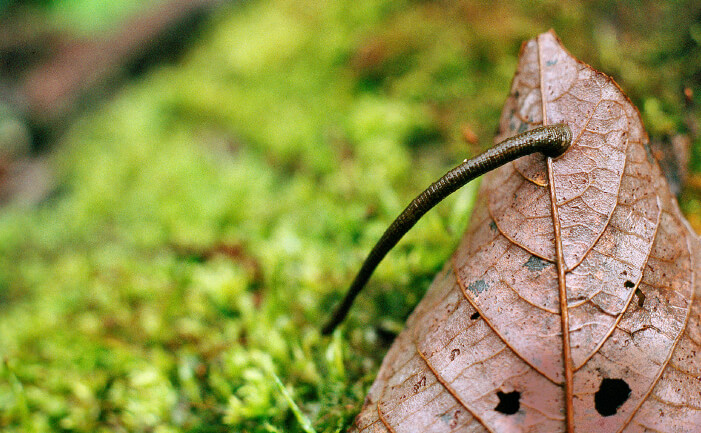
Leeches can also be found in shallow, protected waters, such as lakes, where they hide among aquatic plants or under debris. They are attracted to water disturbance around docks and swimming areas. When it rains, They can slide off leaves in the rainforest canopy and onto people and animals.
Leeches play an important role in nature.
They are important to the food web of lakes and other bodies of water, and they play a number of roles in the ecosystem:
- Predatory leech eat other insects, such as earthworms, larvae, snails, and other leech, which helps to limit their populations.
- Parasitic leech feed on the blood of birds, amphibians, mammals, and fish. But these leeches don’t kill their hosts, And that allows those animals to let them live on.
- Leeches are also eaten by many aquatic animals, such as fish, birds, snakes, amphibians, and to a lesser extent, insects and snails.
- Indicators of water quality, they can be reliable indicators of water quality and biodiversity in an ecosystem.
Is there any Problem with Leech Bites?
If you are wondering how bad a leech bite can be or what are the problems with a leech bite, let me tell you, A leech bite is not dangerous but is a common sight during the monsoons.
In fact, leech bites do not hurt — since they release an anaesthetic when they sink their teeth into your skin — but they do bleed a lot. Leeches use an anticoagulant when they bite to facilitate the flow of blood from the wound.
You don’t need to worry much if you are a healthy person and get just one leech bite. You will only have some bleeding, and then things will be fine.
Things TO DO when a leech bites you.
When you find a leech on your body, there is no need to panic. You just need to apply some salt on that spot, and the leech will be gone. The bitten place may bleed for some time due to the effect of the anticoagulant of the leech. However, it will stop after some time.
What NOT TO DO and Why?
Try NOT to use insecticides. Some people use insecticides on their clothes, socks, and shoes. This stops them from crawling on them entirely because they die immediately after they are exposed to the pesticides.
Although it may sound like an ultimate solution, we should not forget that each organism has a role to play in the food chain. Certain birds prey on them. The mass killing of these animals would mean wiping out those birds also. Also, using insecticides is not good for human health.
Read more : What to Do and Not Do if a Snake Bites You
If you have some suggestion on which we should write or you have any query and something else you can contact us. Please do share this blog with your family, friends, and others so they can all learn What are Leeches?


































